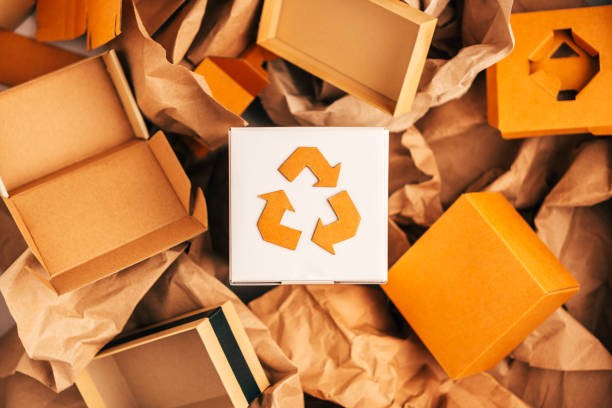
The European Parliament and Council Directive on packaging and packaging waste was initially adopted in 1994. Its aim has unswervingly been to harmonize the varying measures taken by member nations concerning the management of packaging and packaging waste and to provide a high level of environmental protection. It also obligates member nations to meet targets for recovery and recycling and penalizes them for non-compliance.
Since its initial inception, it has undergone many revisions and appendages. Some of these were received with open arms and other were not.
The new EU directive on packaging and packaging waste (PPWR) is expected to impose strict reusable packaging targets by 2030. The PPWR is a regulation that applies to all EU member states and affects all businesses that produce or use packaging materials.
The PPWR has four main objectives:
1. Prevent and reduce packaging waste which can be achieved, among other initiatives, by introducing more reuse and refill systems.
2. Make all packaging on the EU market recyclable in an economically viable way by the year 2030.
3. Increase the use of recycled plastics in packaging in a safe way.
4. Reduce the environmental impact of packaging.
However, a new study commissioned & financed by ECMA, CEPI, EPPA, FEFCO and Pro Carton and based around the findings of a McKinsey study shows that a blanket approach on reuse may have unintended consequences such as higher carbon dioxide emissions and costs and questionable food safety standards. Pushback from the HoReCa industry suggests that the reuse models across packaging types and channels in the IEO (Informal Eating Out) sector can lead to increased waste volumes, a sharp increase in plastic materials, an increase in greenhouse gas (GHG) emissions and added stress on water and energy systems.
McDonald’s study, too, finds that the new PPWR will increase plastic packaging waste by up to 1500%.
Manufacturers and other members of the food and food packaging industry have voiced that reusable plastic packaging, by itself, cannot be the solution. They would much rather induct recyclable fiber-based packaging into the supply chain that promises food safety as well as environmental and economic benefits.
The European HORECA industry, collectively, is pushing back against the PPWR because they believe that the regulation will have a negative impact on their business. Especially for food business operators, significant reform in the proposed regulation is required to achieve the goals for sustainability.






